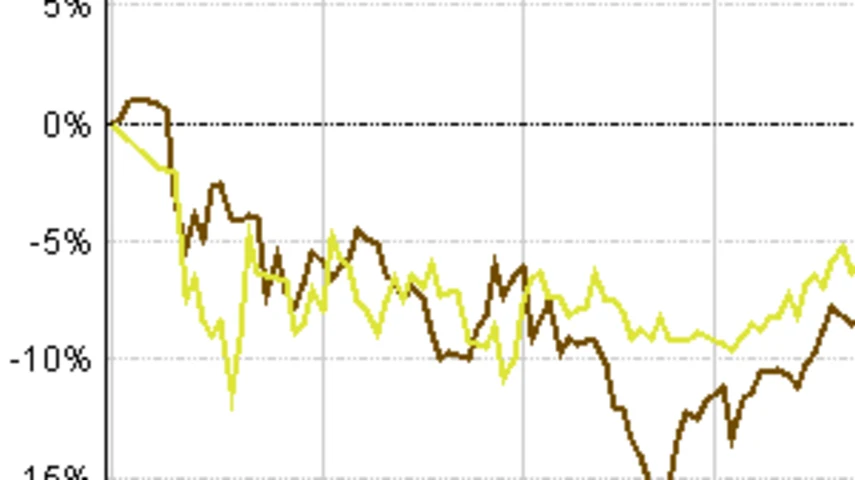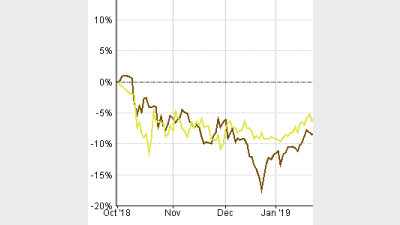Six areas at risk of trade war escalation



Insight, part of BNY Mellon, has identified six areas which could be drawn into the US/China trade war conflict.
In a report, Global Macro Research: Trade Wars, Insight said there was ‘considerable scope’ for the trade war tensions to worsen and cause further disruption to markets.
“We believe there is a low probability that the conflict between China and the US will be resolved in 2019, with the potential for further tariffs imposed between the two countries,” the report said.
“The global trade war has negatively impacted trade volumes and appears to be a key driver of the slowdown in the global economy. How the conflict evolves and the impact of future flashpoints is likely to be critical for global growth and investment strategies over the coming years.”
The six areas were:
- Export restrictions – high impact;
- Reserve management – high impact;
- Company boycotts – high impact on corporates;
- Currency devaluation – medium/high impact;
- Import restrictions – medium impact; and
- Restriction on movement of people – low/medium impact.
The highest impact was possible from export restrictions, reserve management, company boycotts and currency devaluations.
Referencing the possibility of a currency devaluation, Insight said: “Some central banks have explicitly targeted their exchange rate in the recent past and the People’s Bank of China is permitted in its mandate to manage the exchange rate. The US officially declared China a currency manipulator on 6 August, justifying the use of tariffs against the country.
“A wave of currency devaluations could lead to a currency war and, in an extreme scenario, to the end of the fiat currency.”
Performance of Shanghai Composite index vs S&P 500 over one year to 30 September 2019
Recommended for you
Financial advisers will have to pay around $10.4 million of the impending $47.3 million CSLR special levy but Treasury has expanded the remit to also include super fund trustees and other retail-facing sub-sectors.
Recommendations by the FSC around implementing a practicing certificate framework for advisers would be burdensome and add little value for AFSLs, according to SIAA.
The RBA has made its latest interest rate decision at the the final monetary policy meeting of 2025.
AZ NGA has acquired Sydney-based advice and wealth management firm Financial Decisions, allowing its CEO to step back and focus on providing advice.












